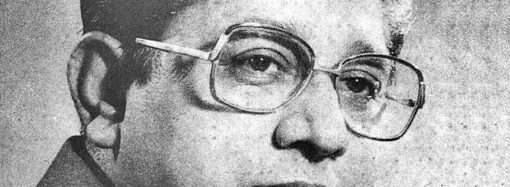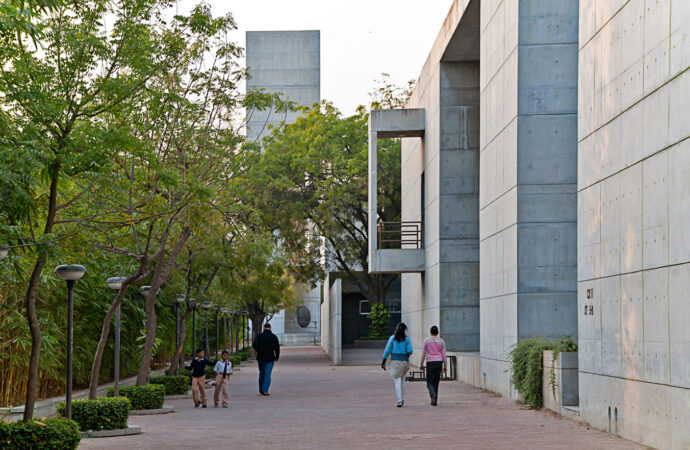The study consists of a survey of 1700 students in colleges all across India to examine inclusivity issues for LGBTQ community.
A report published by Indian Institute of Management, Ahmedabad, Boston Consulting Group, and Pride Circle Foundation delves in detail about troubles faced by LGBTQ+ students on Indian campuses. The report is significant for college administrations, faculty, and student representatives. Each one of these stakeholders can reinforce the significance of an inclusive environment for such student on campus.
The study consists of a survey of 1700 students in colleges all across India to examine inclusivity issues for LGBTQ+ community. It elaborates how a diversity and inclusion (D&I) group in an institution can enhance the quality of their experience at campuses. The report provides statistics to prove a sense of empowerment prevailing among LGBTQ+ students when a D&I student interest group is present in their intuition.
The students who took part in the survey were questioned about various kinds of indirect and direct discrimination towards any community member or themselves. They were also asked to share their personal beliefs and biases about such community. Apprehensions and acceptance levels were examined during this survey. Thereafter, the formation and significance of support groups have been emphasized through case studies in this report.
Talking about the rationale behind this study, Ms. Seema Bansal, Partner and Director, Social Impact, Boston Consulting Group said, “We don’t think of diversity and inclusion as a ‘good-to-do’ or a ‘responsible corporate citizen’ act. We think of it as a core strategic pillar that will make us stronger. It’s only when campus pools are adequately diverse and attracts the best talent that we will be able to access the talent.”
Professor Errol D’Souza, Director, IIM Ahmedabad added, ” We are happy to note that our students have taken the initiative to be part of this study which we hope will be of help in encouraging talent, diversity and a culture of inclusion in educational institutions and the corporate world. It is unfortunate that the LGBTQ+ community is often missed out in important conversations.”


















Leave a Comment
Your email address will not be published. Required fields are marked with *